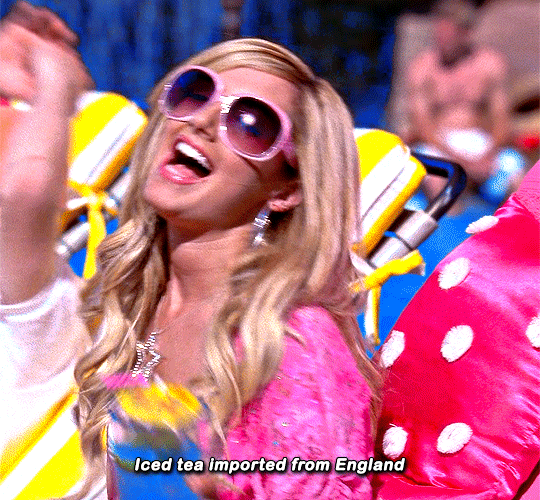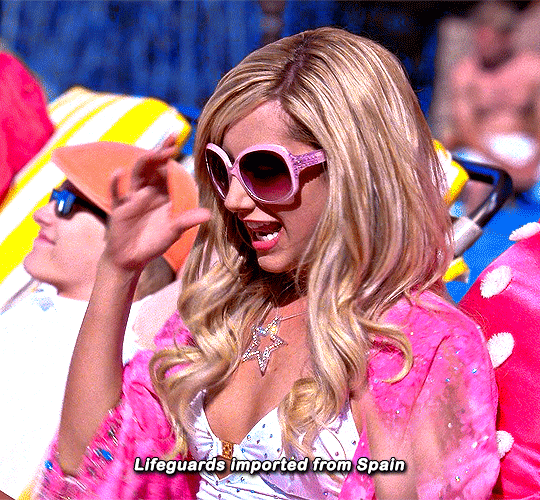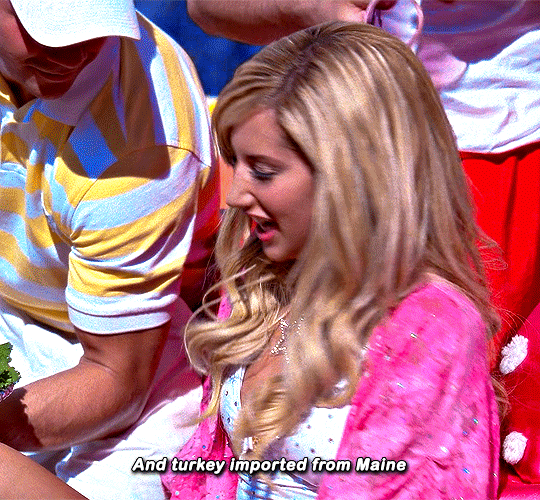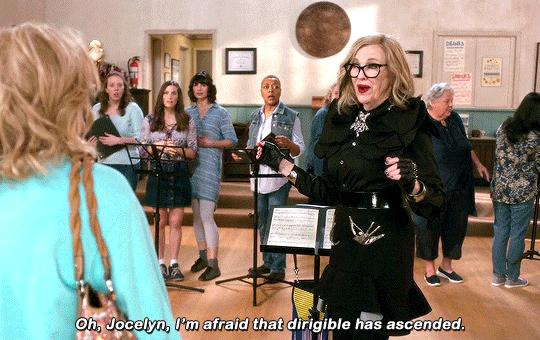She/Her. Lover of food, baby animals, and the works of Agatha Christie. Instagram: Janey2189
Don't wanna be here? Send us removal request.
Text
no matter how bad things are going at least you aren't watching instagram reels right now
42K notes
·
View notes
Text
Connecting with the Land ~ Australia
Most of the folklore about witches and the practice of witchcraft originates from Europe.
The idea of 'witchcraft' wasn't a thing here in Australia until Europeans brought it with them. However, Indigenous Australians (as far as my research and interviews with elders have gone) follow what Western society would describe as 'animist beliefs' and 'magic rituals' were common practices.
Modern perceptions of animism, particularly in the Western World, are quite negative and viewed as "something hippies believe in." This perception is primarily caused by ingrained racist ideologies stemming from a colonial past (i.e., in order to justify subjugating people, you have to believe you're better than them) which perpetuated beliefs in colonised countries of the "primitive savage" and the "enlightened colonist." That's also not even mentioning the demonising of indigenous beliefs by missionaries of Christianity...
I find it ironic that in Eastern countries like Japan, where Christianity was not historically allowed to spread (banned in 1580s and hundreds of Christians were cruicified), animist beliefs like Shinto are now seen (in the Western world) as cool and mystical, and all the tourists want to visit the shrines of local spirits when they visit...
I'm getting off track, but hopefully you see my point: it is really hard to connect with a land on a spiritual level that is not yours, and was stolen from its traditional custodians on both a physical and spiritual level. I was born here in Australia, and so were my parents, but my ancestry is Scottish and British. I feel torn between two worlds that are so dichotomous from one another...
So, how do I connect with the spirits of the land?
Slowly, and with permission and guidance from local elders because there is a disconnect. I don't speak the language of the land and The Dreaming or 'spirit world' that accompanies our physical one. It doesn't help that much of the local language of the Gubbi Gubbi was lost due to the Stolen Generations, but there are general rules of thumb to follow when working with the Land:
We are a part of the land, and the land is a part of us. We are born from it, and so like our mother, we must care for and protect it. If you take care of the land, the land will take care of you.
Everything is about balance - never take more than you need and always give back what you can to ensure that the land is cared for for the next generation.
Ask first. Everything has a spirit, and you must ask before you take anything (I.e. like a branch from a tree). Thank the spirit for its gift / sacrifice (especially important if you have killed something).
Our ancestors watch over us our whole lives both from The Dreaming and in the physical world in the form of a totem (normally a whole family is represented by one animal). They are our guide, and your family must never hunt/eat your family's totem animal. It is your job to protect that species.
Many of the local landmasses and animals are represented by powerful ancestor spirits or creator spirits. Mooroo-kutchi (meaning red-bill, the name of the spirit of the black swan and an aboriginal girl from The Dreaming who transformed into a black swan searching for the spirit of her beloved Coolum who was killed by Ninderry.)
Smoking ceremonies are usually conducted as part of a 'Welcome to Country'. Each mob has their own traditional plant they use for cleansing the area of bad spirits and promoting healing and protection of visitors, but most use a species of eucalyptus or gum. The ceremony invites you onto the physical land as a guest and asks the ancestor spirits of that mob to watch over and protect you while you're there.
Corroboree (storytelling gathering) ~ knowledge of the land and its spirits are told through song lines and dances, and using the traditional language helps to connect better with these spirits.
Thank you to the local Aunties and Uncles for teaching me these and so much more over the years!
*'Uncle' or 'Aunty' does not mean we're related. Here, it is used as a sign of respect that recognises the age, wisdom, and knowledge of aboriginal elders. Though it's recommended that non-Aboriginal people ask the elder how they would like to be referred to as normally, it's not considered appropriate to refer to them as such unless a strong relationship has been established.
144 notes
·
View notes





























